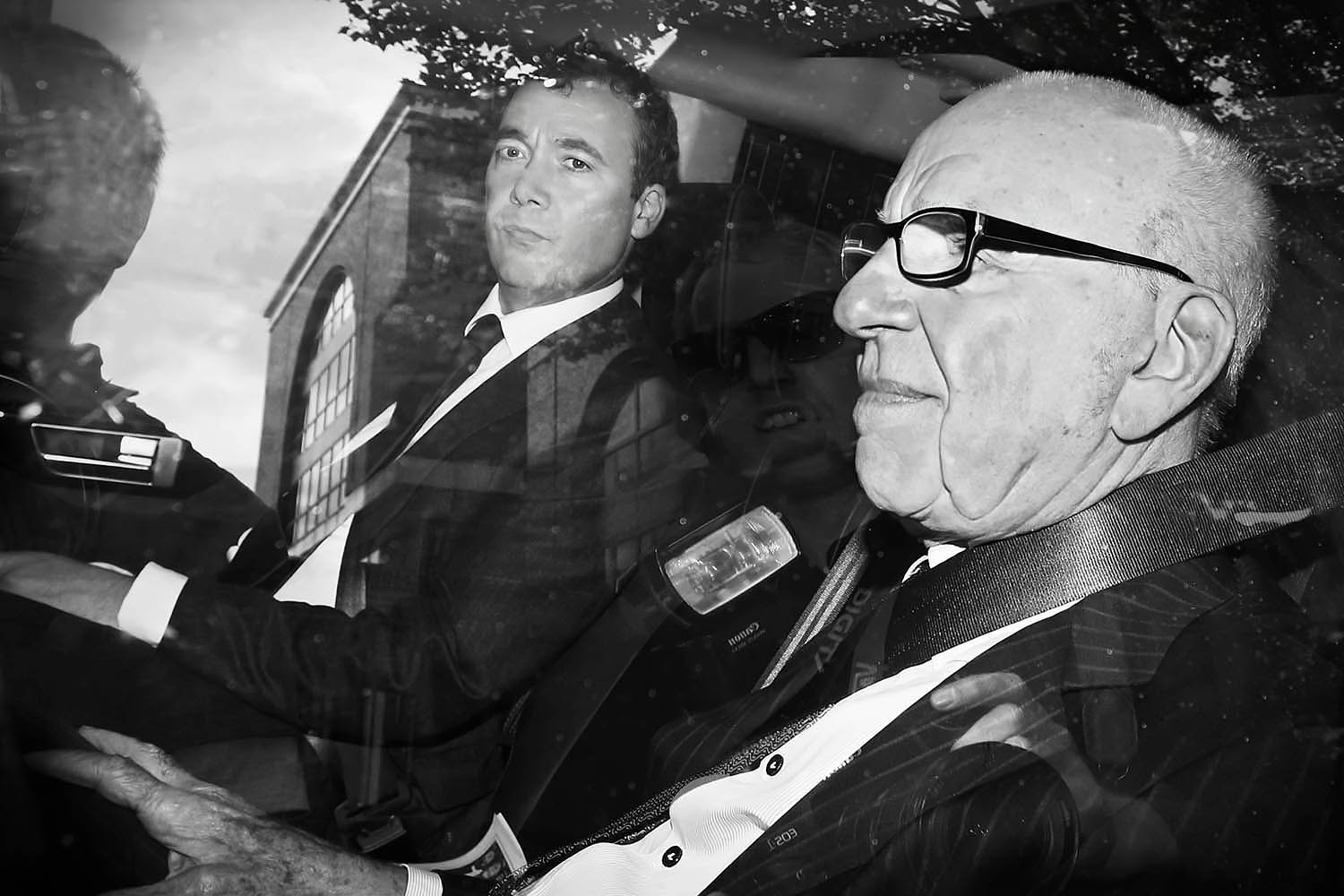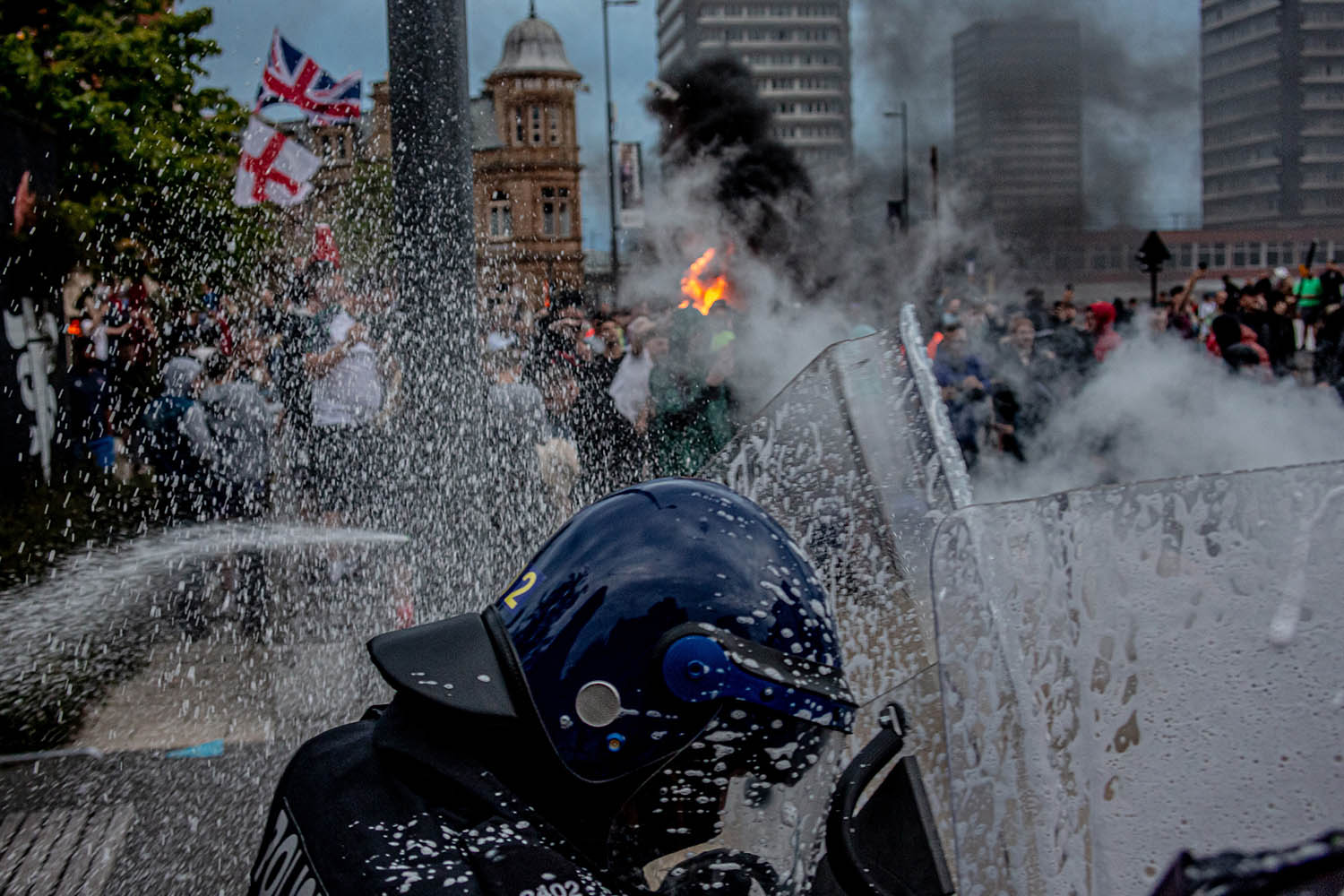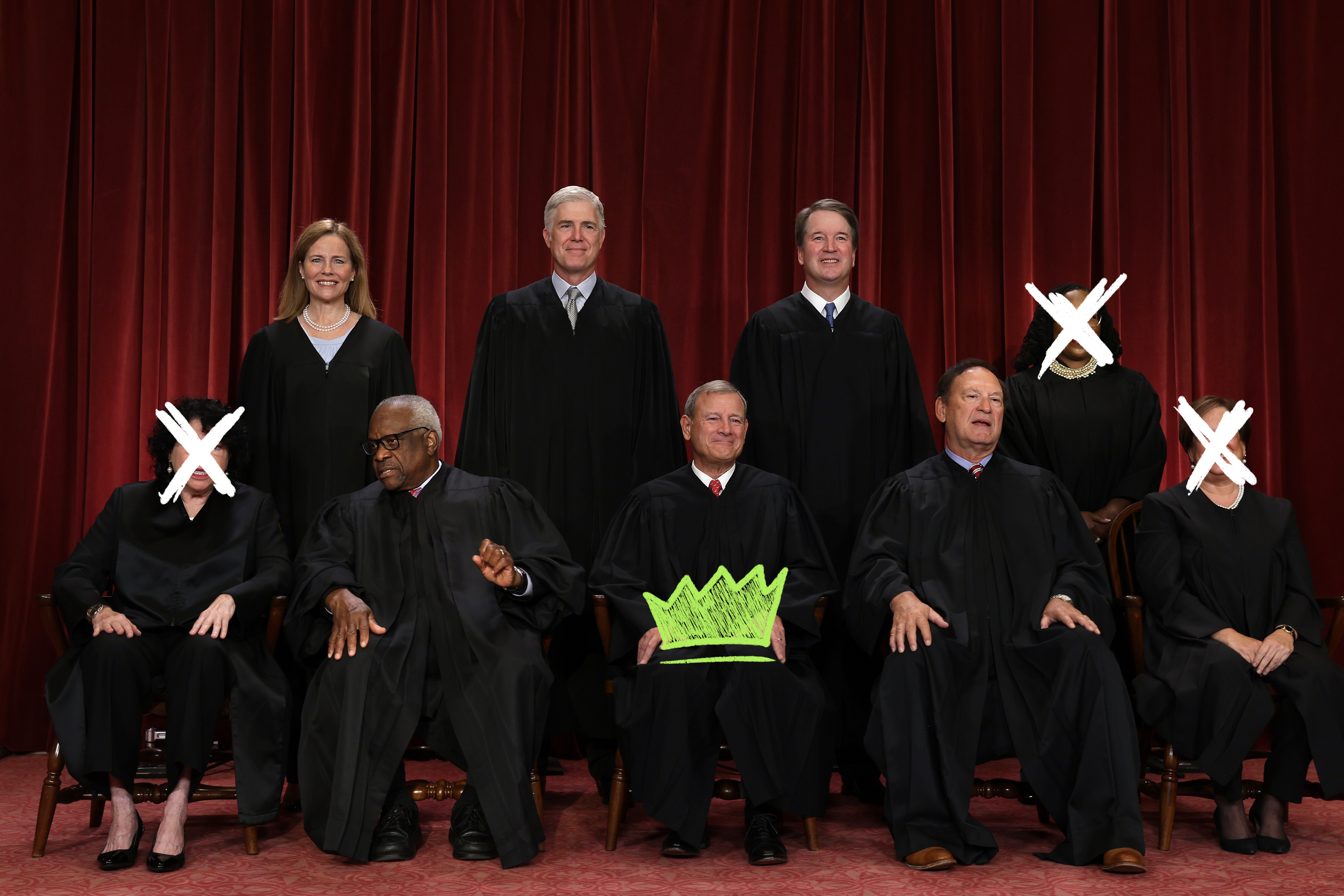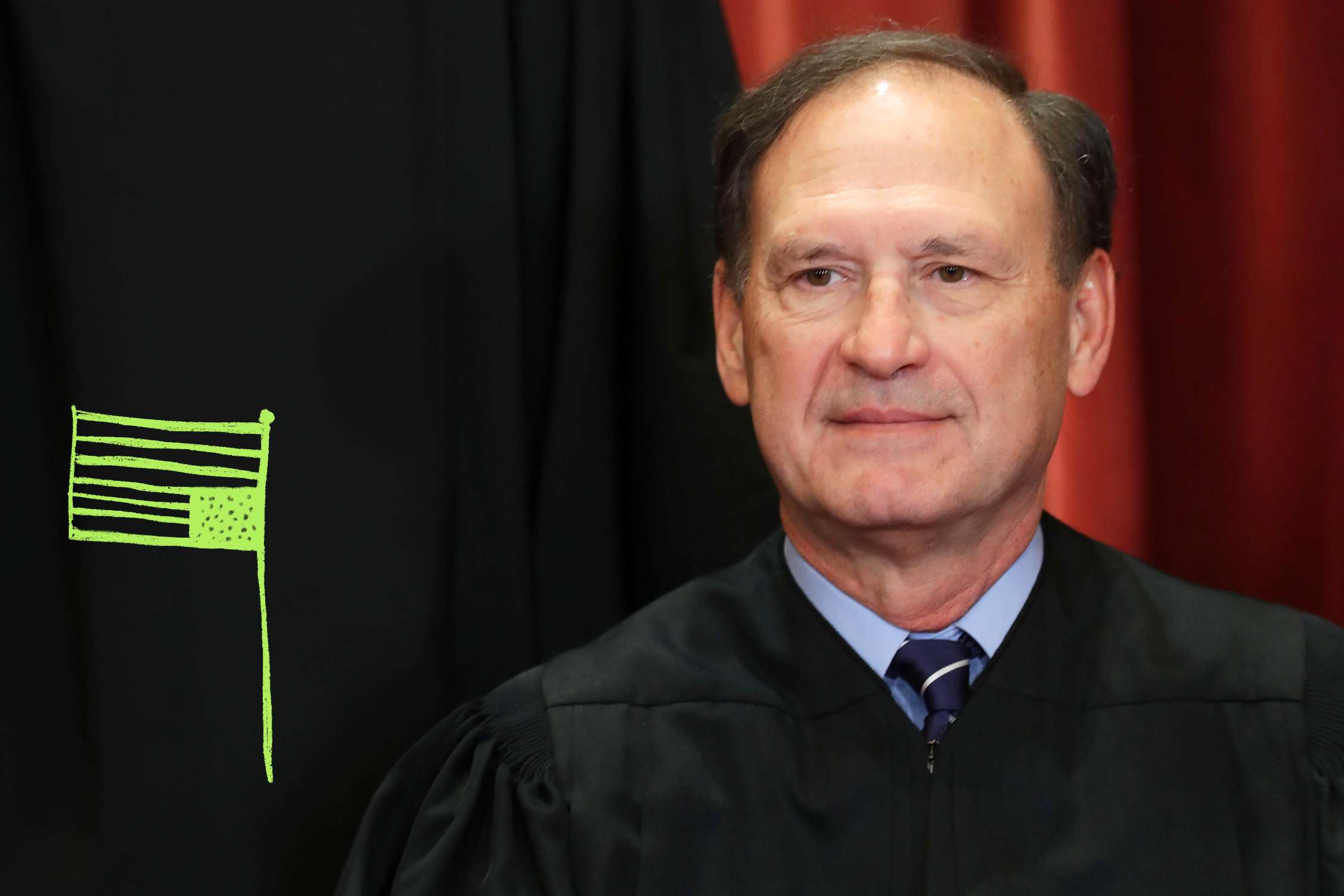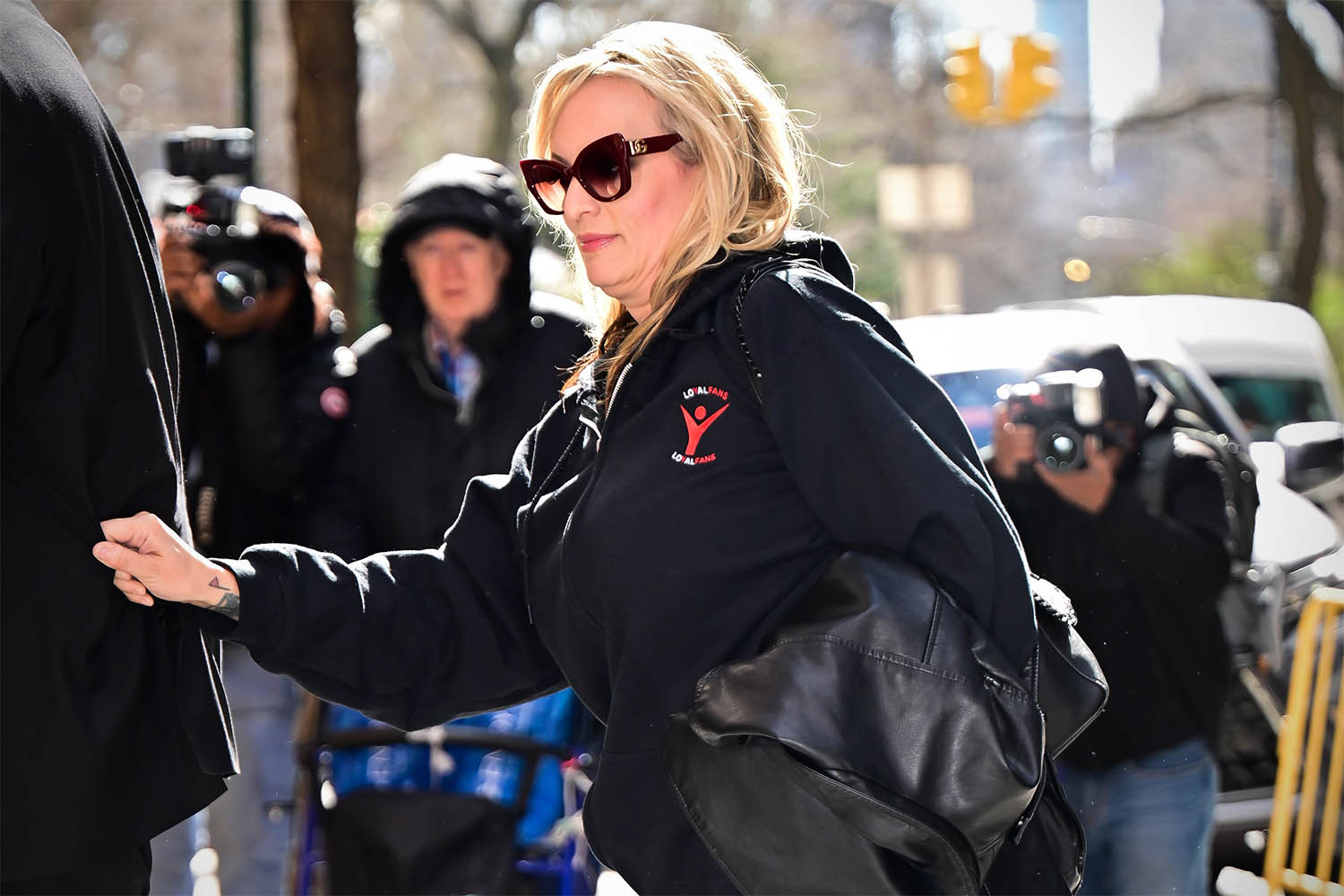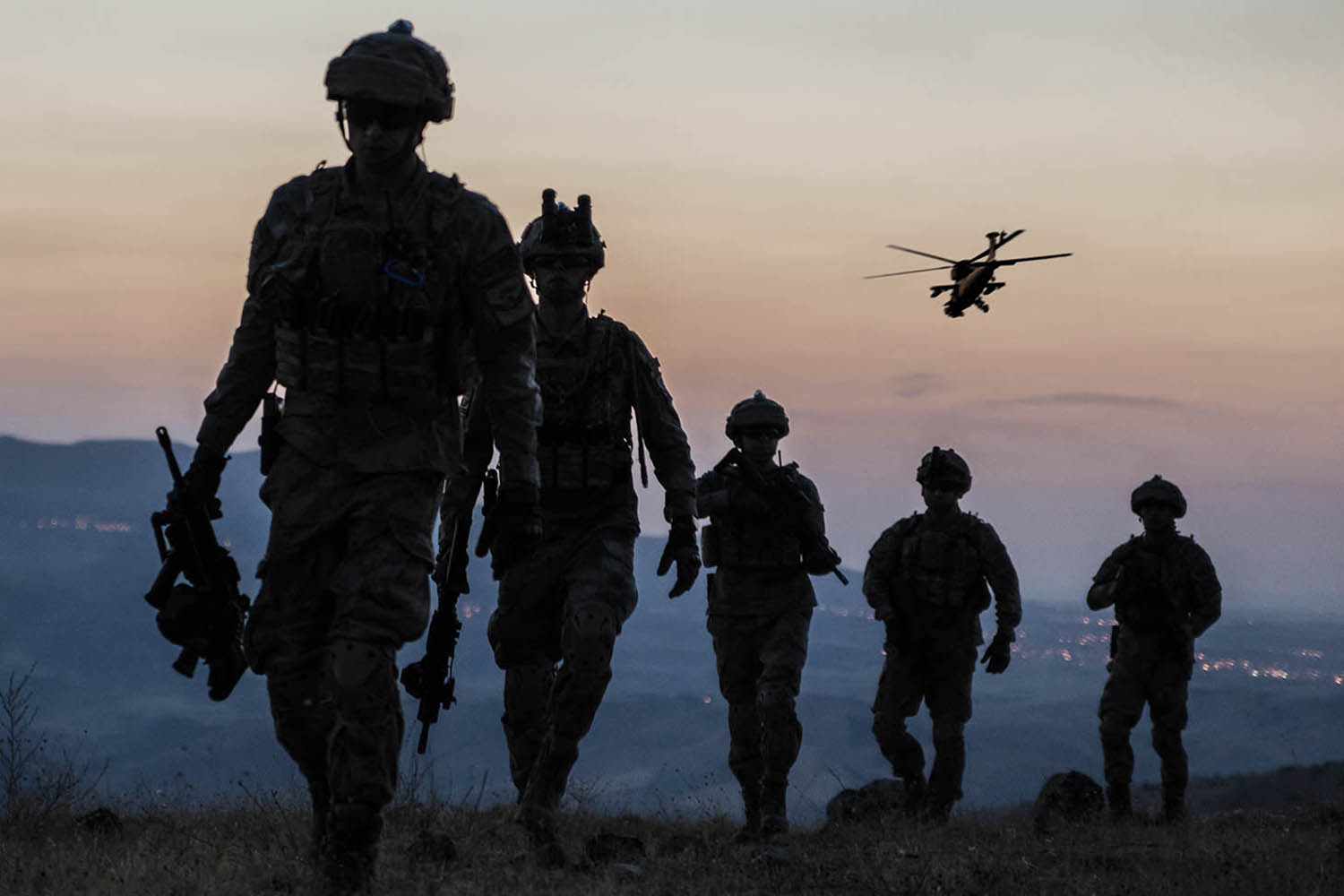
Johnny Mercer set out to defend British military veterans, and look where it got him.
A UK government minister could go to jail for refusing to reveal his sources to an inquiry into a military scandal 14 years in the making.
So what? The SAS – the pride of Britain’s special forces – is in the dock. So is the Ministry of Defence, and a minister who served in the army has been left torn between loyalty and duty.
The outlines of the scandal are well known: 80 killings of men and children in Afghanistan, carried out on night raids by the SAS between 2010 and 2013, are being investigated by a judge-led inquiry to establish whether they were justified or potentially war crimes.
Johnny Mercer, minister for veterans’ affairs, has testified to the inquiry that
- the Director of Special Forces told him footage that should have been taken of the raids was “not available”; and
- a Ministry of Defence official expressed frustration that another special forces commander took the trouble to put his own suspicions about the killings in writing.
Mercer, in short, alleges a cover-up. He has his own sources but won’t name them, and for that he could be held in contempt as soon as this week. Jail time is a possibility.
What’s undisputed about the raids by SAS sub-unit 1 in Helmand Province include that the sub-unit
- frequently captured Afghan men and later killed them – a sequence that doesn’t necessarily imply murder but leaves a lot of explaining to do;
- killed on average 80 per cent more people per operation than a comparable unit; and
- included a soldier who acknowledged personally killing 35 people on one six-month tour.
What’s unacceptable to Mercer and others are troubling patterns that have emerged from evidence about two night raids in particular, on 7 and 9 February 2011. Chief among these: the number of men and children killed (15 and two respectively) exceeded the number of weapons recovered. For whatever reason, the SAS was killing unarmed men and boys.
Also, captured Afghan men were consistently asked to go back into buildings to “open doors and curtains”. On doing so, the SAS says, they armed themselves with concealed weapons and were killed.
None of the SAS senior commanders who heard these accounts appear to have believed them. Their emails – locked away in a secure digital vault known as “Compartment A” until revealed by the Sunday Times in 2020 – are damning. One described “a massive failure of leadership”. Another suggested: “the way we are writing these up will not bear scrutiny in years to come”.
Non-investigations:
April 2011 – an internal review of the killings by a former commander of sub-unit 1 took a week to give it the all-clear.
2014-2019 – Operation Northmoor, run by the Royal Military Police, was supposed to have the SAS’s full cooperation but didn’t. Two striking problems emerged:
- First, when the RMP asked for full motion video (taken live on these raids) of ten SAS raids sampled at random, it was told none existed. Full motion video is supposed to be a basic requirement for any of these raids to happen in the first place.
- Second, the RMP was reassured throughout 15 months of negotiations for access to UK special forces’ main computer server that all data would be preserved. When its officers finally went to a meeting in December 2016 to collect the server they were told everything on it had been irrevocably deleted. The RMP took no further action and the operation was shut down with no charges brought.
Open justice? Not exactly. The judge-led inquiry offers more hope of answers for the families of those killed, thanks not least to Mercer’s testimony. But he’s been sternly admonished by the judge for helping to preserve a “wall of silence” by refusing to name his sources. Lord Justice Haddon-Cave has told him “to decide which side you are really on”.
What’s more… Mercer says he believes in shielding whistleblowers’ identities. There’s no sign he will relent.
Further listening: The Good Soldier: Killings and cover-up in Afghanistan.


